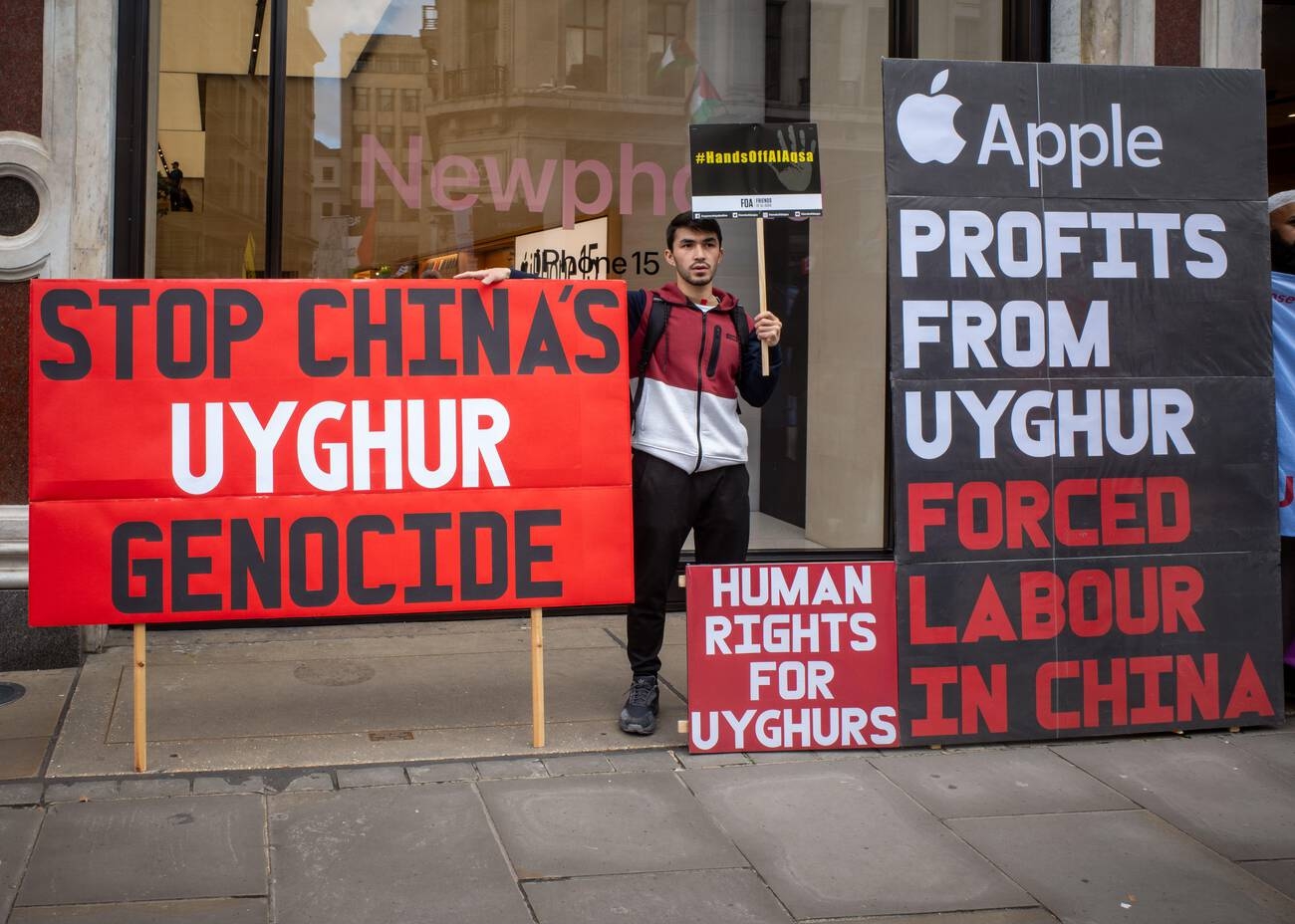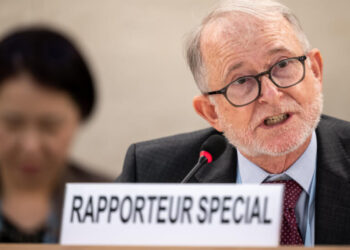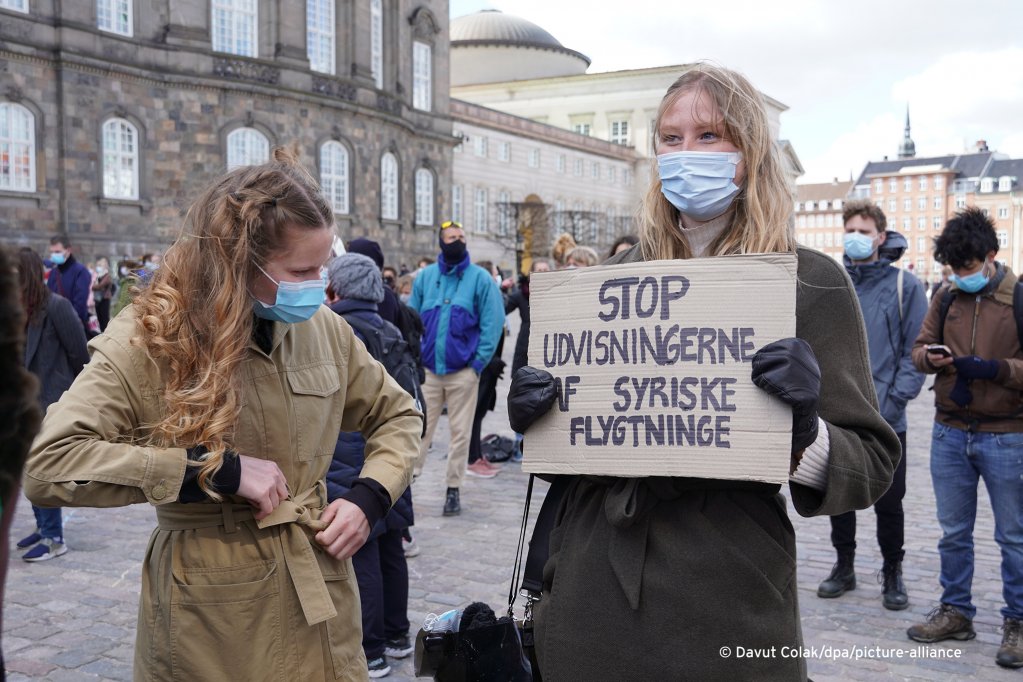Human Lives Human Rights: Israeli Prison Service decided to renew the solitary confinement of Ahmad Al-Manasra, a Palestinian prisoner who has developed serious mental health problems since his arrest as a child seven years ago.
Continuing to detain Ahmad Manasra in such inhumane conditions is outrageous and a callous act of injustice. Ahmad has been diagnosed with schizophrenia and is severely depressed.
Ahmad Al-Manasra was just 13 years old when he was arrested. The decision to detain him should always have been a measure of last resort and for the shortest possible time.
Now, he is said to be a shadow of his former self and has threatened to take his own life.
The Israeli authorities must immediately revoke their decision to renew his solitary confinement, and urgently release him from detention.
The Israeli Prison Service has rejected a request to move Manasra out of solitary confinement at Eshel prison.
There will be a further hearing regarding his solitary conditions at Beersheba District Court on 16 August.
His lawyer Khaled Zabarqa says: “He is in danger for his life, actual danger, and the repeated extensions of his solitary confinement are destroying him.”
Background
Manasra has been held in prolonged solitary confinement since November 2021, aside from a two month stay in hospital, after Israeli authorities claimed he is a danger to other prisoners.
This is in breach of the absolute prohibition of torture and other cruel, inhuman or degrading treatment or punishment.
Manasra was arrested in October 2015 over the stabbing of two Israelis in Pisgat Zeev, an illegal Israeli settlement in occupied East Jerusalem.
He was convicted of attempted murder and sentenced to nine years and five months in prison despite being only 13 years old at the time of his arrest and the court finding that he did not take part in the stabbings.
He was also questioned with no lawyer or a parent present and subjected to alleged torture or other ill-treatment during the interrogation.
A request from Manasra’s family calling for his early release was rejected, even though he has already served two-thirds of his sentence.
Under Israeli law, those convicted of murder, rape and child abuse are eligible for their sentences to be commuted by a third.
Prosecutors say he is ineligible for early release because he was convicted of “terrorist acts” —under a law enacted after he was first detained.

















